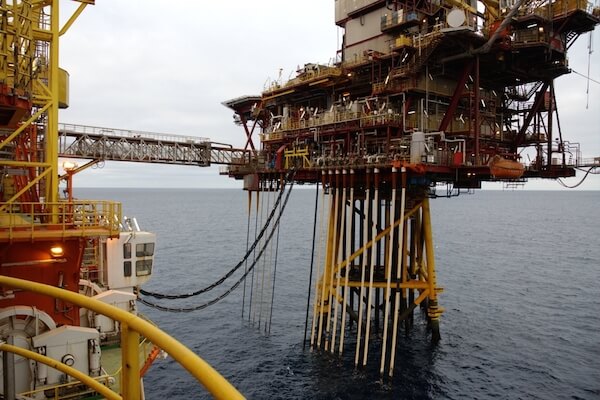Los puntos clave del Midstream Forum: Infraestructura, Logística y Administración de riesgos
El día de ayer, se llevó a cabo con éxito la segunda edición del Midstream Forum, organizado por Grupo T21 y patrocinado por empresas como NRGI Broker; Kansas City Southern de México; Energéticos Nieto, GATX; Amspec, entre otros.
El evento fue inaugurado por el Ing. Juan Acra, presidente del Consejo Mexicano de la Energía (COMENER), acompañado de la Lic. Graciela Álvarez Hoth, Directora General de NRGI Broker, Lic. Rosanety Barrios, Coordinadora General de Políticas de Transformación Industrial de la Secretaría de Energía y del Lic. Osiel Cárdenas de Grupo T21.
Durante las mesas de discusión, se debatió acerca de los desafíos y oportunidades en materia de almacenamiento y transporte de hidrocarburos y petrolíferos.
En la mesa sobre “Almacenamiento Mínimo de Petrolíferos”, donde participaron representantes de la Comisión Reguladora de Energía y de diversas empresas, se concluyó que la infraestructura existente es insuficiente para alcanzar los objetivos de la Reforma Energética, por lo que para empezar a ver resultados en materia de suministro energético a precios razonables, es necesario que los proyectos avancen.
En la segunda mesa se abordó el tema sobre “Áreas de oportunidades de Logística”, en el que se destacó que si bien es cierto, la apuesta actual en materia de transporte son los ductos por ser un medio económico y eficiente, actualmente las embarcaciones, los ferrocarriles y los auto-tanques desempeñan un papel fundamental en materia logística, por su disponibilidad y características particulares.
En la última mesa denominada “Safety, Security & Insurance”, participaron el Lic. Alfredo Orellana, Jefe de la Unidad Jurídica de la Agencia de Seguridad, Energía y Ambiente (ASEA), Pablo Carstens de la empresa Ipreset, y Graciela Álvarez Hoth, Directora General de NRGI Broker, donde se abordó el desafío de la seguridad en el sector hidrocarburos, no sólo en lo relativo a la seguridad industrial y operativa, sino también relacionado con el reto que representa el crimen organizado.
En el marco de su ponencia, Alfredo Orellana anunció la inminente publicación de la regulación en materia de seguros para las actividades de transporte, almacenamiento, distribución y expendio de hidrocarburos y petrolíferos, por lo que próximamente estarán definidos los requerimientos en materia de seguros en toda la cadena de valor.
Graciela Álvarez, por su parte, presentó el tema de Administración de Riesgos en el Sector Hidrocarburos, donde destacó que se trata de una metodología que permite identificar y analizar los riesgos de la industria y elegir qué hacer con ellos: retenerlos, lo que significar asumir todos los costos de la pérdida y la reparación de los daños en caso de un siniestro o transferirlos, a través de un programa integral de seguros, con lo que el asegurado obtiene respaldo económico en caso de una eventualidad.
Asimismo, destacó que la regulación en materia de seguros obligatorios, no debe verse como una carga administrativa, sino como un instrumento financiero de protección del patrimonio.
El evento finalizó con conferencias, en las que diversos expertos presentaron las más recientes innovaciones en el sector energético, tales como puntos de arbitraje en el mercado de combustibles; transferencia de custodia en transacciones comerciales y el etanol en México.


